Quality Rating 3: Planning
Requirements
Let’s look at the requirements for Developmentally Appropriate Learning and Practice: DAP 5.3 (DAP 4.3 – School-Age Only).
Review the requirements for your program type.
Some terms may be unfamiliar to you. Select the hyperlinks for more information.
Child Care Center
DAP 5.3: Planning
Lessons plans include age-appropriate domain-based activities reflective of children’s interests and skills; address the developmental needs of each and every child; are informed by observation and include information from an IFSP/IEP, if provided.
Documentation to submit: Lesson Planning Process Statement
Family Child Care
DAP 5.3: Planning
Lesson plans include age-appropriate domain-based activities reflective of children’s interests and skills; address the developmental needs of each and every child; are informed by observation and include information from an IFSP/IEP, if provided.
Documentation to submit: Lesson Planning Process Statement
School-Age Only
DAP 4.3: Planning
Lesson plans include age-appropriate activities reflective of children’s interests and skills; and include: multiple literacy, language, science, art, health, and wellness, physical fitness, and numeracy activities on a daily basis; address the developmental needs of each and every child; and include information from an IEP, if provided.
Documentation to submit: Lesson Planning Process Statement

